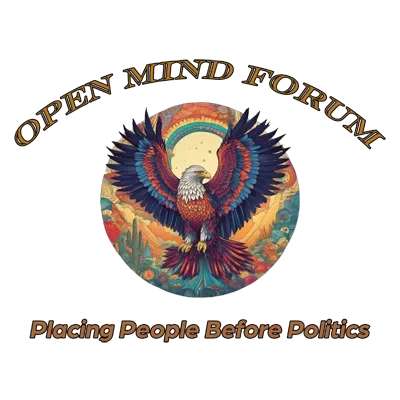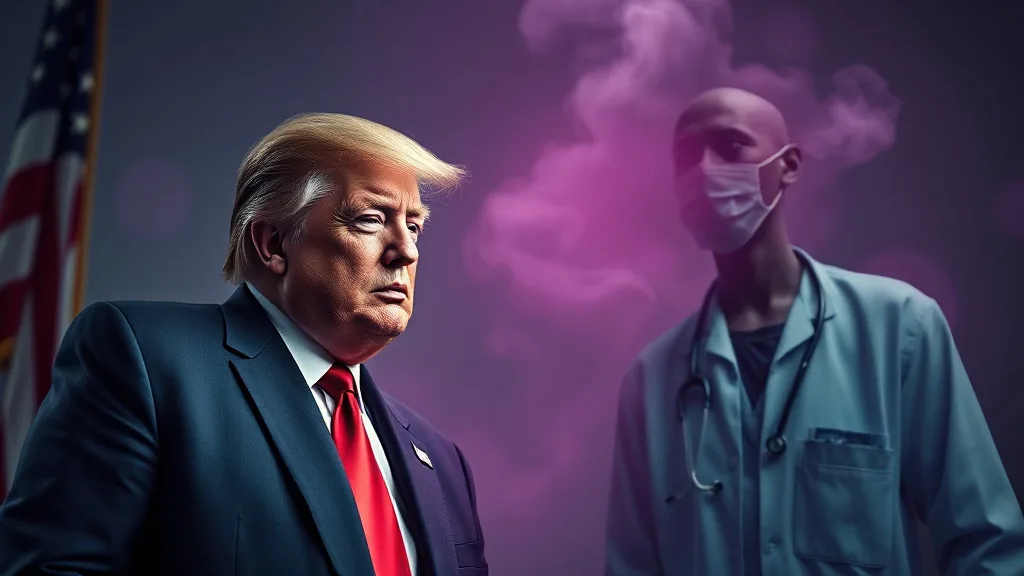Chesterton’s Insights and Trump’s Authoritarian Second Act
Introduction to Žižek on Late-Stage Capitalism
Žižek on Late Stage Capitalism draws on the work of G.K. Chesterton who described humans as strange beings, caught between miraculous potential and crippling limitations. Slavoj Žižek echoes this contradiction in his critique of late-stage capitalism. In Living in the End Times, Žižek argues that capitalism faces a terminal crisis. Combining Marxist dialectical materialism with Chesterton’s ideas on flawed human choices, we can speculate about a second Trump presidency and its impact on the future of global capitalism.
Chesterton and the Nature of Poor Choices: Informing Žižek on Late-Stage Capitalism
Chesterton’s observation about humanity’s flawed instincts highlights our tendency to repeat mistakes. This aptly describes Donald Trump’s first presidency. Policies like massive tax cuts for corporations and the wealthy, deregulation of industries, and the dismantling of climate initiatives widened inequality and damaged global cooperation. Rather than fostering stability, these choices exacerbated the very contradictions Marx identified in capitalism: wealth concentration and the immiseration of the working class.
Trump’s first term also championed authoritarian tendencies. His attacks on democratic norms, disdain for truth, and adoration of autocrats revealed a dangerous disregard for collective well-being. These failures provide a roadmap for understanding what a second Trump term might look like an acceleration of capitalist decay under the guise of “strong leadership.”
Žižek on Late Stage Capitalism and Authoritarianism
Žižek sees late-stage capitalism as a system where its contradictions threaten to collapse. A second Trump presidency would likely magnify these contradictions. Consider his fixation on tariffs and trade wars during his first term. These actions weakened global supply chains while failing to revitalize domestic manufacturing. Trump’s preference for short-term gains mirrors the “bandages” Chesterton described—temporary fixes that mask systemic vulnerabilities without addressing root causes.
Trump’s authoritarian tendencies would likely intensify in a second term. His attempts to undermine independent institutions—such as the judiciary and media—would pose even greater risks to democracy. This mirrors Žižek’s assertion that late-stage capitalism relies on pseudo-solutions to distract from systemic failure. Trump would likely double down on nationalist rhetoric, scapegoating marginalized groups while ignoring the structural inequalities festering under capitalism.
Trump’s Second Term: A Dialectical Analysis
Dialectical materialism reveals how Trump’s policies exacerbate capitalism’s contradictions. Take healthcare, for example. Trump’s efforts to repeal the Affordable Care Act without a viable alternative revealed a callous disregard for working families. A

second term would likely see further privatization of public services, amplifying economic precarity for the most vulnerable.
Similarly, Trump’s climate policies prioritize short-term profits over sustainability. Deregulating fossil fuels in favor of “energy dominance” accelerates environmental collapse. In Marxist terms, this reflects capitalism’s alienation of humanity from nature, creating ecological crises that threaten future generations.
Trump’s appeal to his base—through promises of restored greatness—masks a more sinister reality. His policies favor oligarchs while eroding the social safety nets many Americans rely on. As Chesterton observed, humans often cling to artificial solutions rather than confronting the deeper truths of their condition.
Conclusion: The Cost of Repeating Mistakes
A second Trump presidency would likely mirror the failures of his first term, only with greater determination. Authoritarianism thrives in chaos, and Trump’s policies would further entrench economic inequality, social division, and environmental degradation. Žižek’s critique of late-stage capitalism warns us of the dangers of such regression: the system’s contradictions will only deepen, leaving humanity to grapple with the consequences for generations.
The stakes for capitalism’s next chapter could not be higher. If Trump’s second term doubles down on past mistakes, the consequences will shape the trajectory of humanity for generations.
Sources Cited
Chesterton, G. K. (1925). The Everlasting Man.
Žižek, S. (2010). Living in the End Times. Verso.
Marx, K. (1867). Capital: Critique of Political Economy.
Harvey, D. (2005). A Brief History of Neoliberalism. Oxford University Press.
Klein, N. (2007). The Shock Doctrine: The Rise of Disaster Capitalism. Metropolitan Books.
Suggestions for Further Reading
The Communist Manifesto by Karl Marx and Friedrich Engels – A foundational text on capitalism’s inherent contradictions.
Capitalism and Freedom by Milton Friedman – Offers insight into neoliberal ideology, which underpins Trump’s policies.
Democracy in Chains by Nancy MacLean – Examines the rise of authoritarianism within capitalism.
No Is Not Enough by Naomi Klein – Explores Trump’s presidency as a manifestation of disaster capitalism.
The Road to Serfdom by Friedrich Hayek – Provides an ideological contrast to Žižek’s Marxist critique.
The Wretched of the Earth by Frantz Fanon – Connects colonialism to capitalist exploitation.
Postcapitalism: A Guide to Our Future by Paul Mason – Proposes alternatives to late-stage capitalism.
Why Nations Fail by Daron Acemoglu and James A. Robinson – Investigates the political and economic roots of societal collapse.
The People vs. Democracy by Yascha Mounk – Highlights threats to democracy in the age of authoritarian populism.
DISCLAIMER: The images on this page, and across the whole blog are created using AI imaging and are intended solely for the purpose of illustrating the argument in the post. They are NOT representing real people or events directly, rather the images enhance the overall argument being made and nothing more. We do not intend any offense, nor do we intend to single out individuals in any way by the images themselves.




